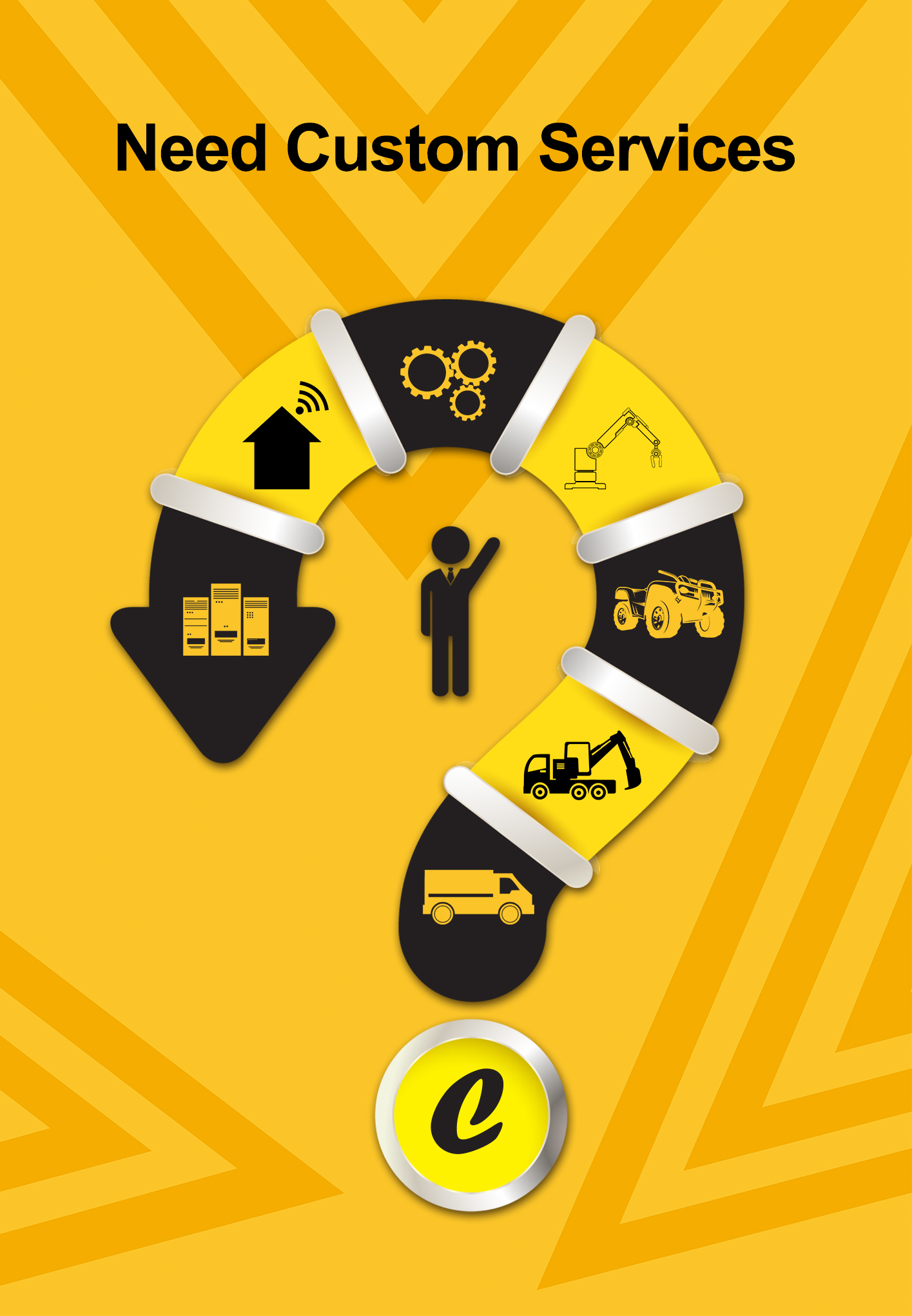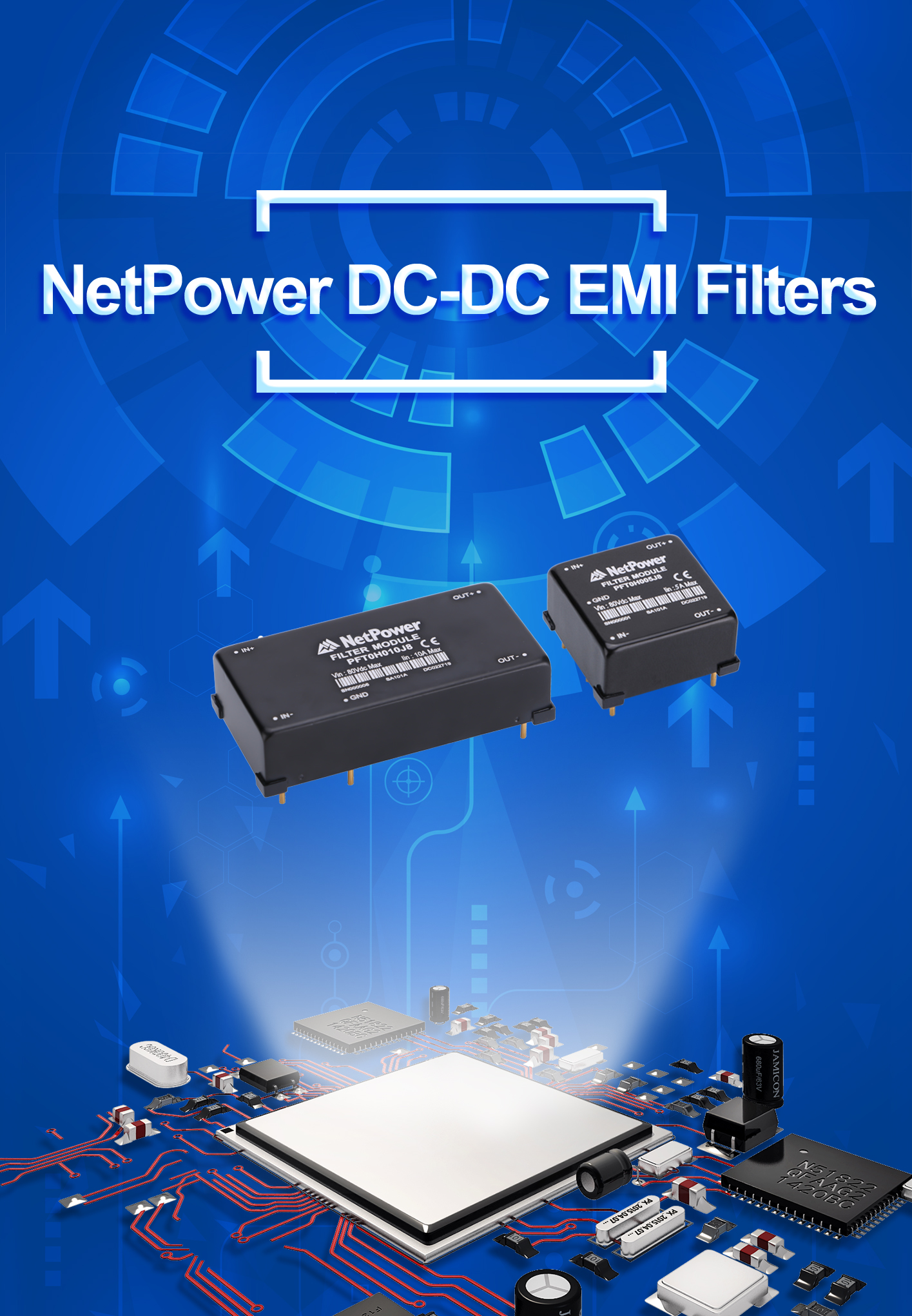Power Supply or Power Converter?
Date:2019-04-23 05:23:01 Posted by:mrpower View:605Power Supply vs. Power Converter
These two phrases fundamentally talk about the same thing – a product that takes one form of electricity (voltage, current and frequency) and convert it to another form to meet the needs of loads. There is no simple and clear definition on when to use which. However, this is a question professionals in the power conversion field should have a sense about so that the proper phrase is used. This article provides a rough guide that is certainly debatable, but at least shad some lights on this confusing subject.
Remember, one can always find exceptions of the below categorization, which is no surprise and should not be used for debating. What we are trying to do is to find the most common use of these terms.
A power supply, by its name, is quite general. Anything that provides electricity to a load or loads can be called a power supply. In reality, it’s more used to describe equipment or assemblies for AC-to-DC power conversion, either as a standalone equipment such as bench-top laboratory power supplies and rack-mount AC-DC power supplies (also called rectifiers), or as a sub-assemblies inside a system such as PC power supplies that go inside PC boxes. The common characteristics are: 1) ac input; 2) having input and output connectors. Products with these two characteristics are most called power supplies other than a power converter. “Power supply” cannot be used for any board-mount component type of products.
Power supply is a general phrase that most people on the street understand. If a power conversion product is made for end-use or for end-users to directly handle, it’s most likely called a power supply not a power converter. These products usually have the above two characteristics.
A power converter is a phrase more used for DC-to-DC power conversion products no matter they have connectors or not, and for board-mount AC-to-DC power conversion products (no connectors of course). Examples include board-mount DC-DC or AC-DC power converters (also called modules) which are soldered onto a system PCB and EV on-board DC-DC converters which have both input and output connectors, yet used inside a bigger system (the vehicle). “Power converter” is also used to describe all IC’s based power conversion products. When one sees a semiconductor supplier promotes a power converter, it is usually just about an IC with integrated switches and a few recommended components around it.
Be noted that for DC input power conversion products with connectors, they could also be called power supplies. For example, DC input VPX power supplies are a common saying, not VPX power converters. This might be because VPX power conversion products have AC input versions, and people just used the same phrase “power supplies” for both versions.
As the battery applications gets more and more popular, it won’t be a surprise that we might see more and more use of the phrase of “power supply” for DC input products, especially large standalone or rack-mount equipment.
“Inverter” is the word for DC-to-AC power conversion. The most popular application is UPS and Solar inverters.
AC-to-AC application is not frequently encountered. I believe the word “converter” is the right use for it.
Again, exceptions exist. Yet if you get the sense of the above, you probably won’t be laughed at.
BACKLogin
Enter your email address and password




